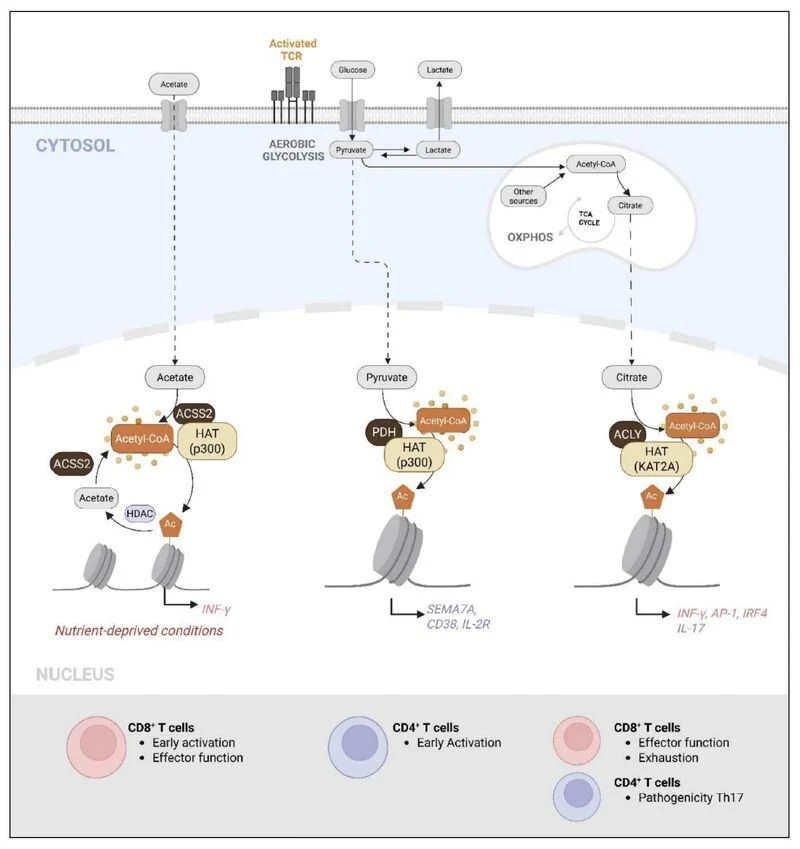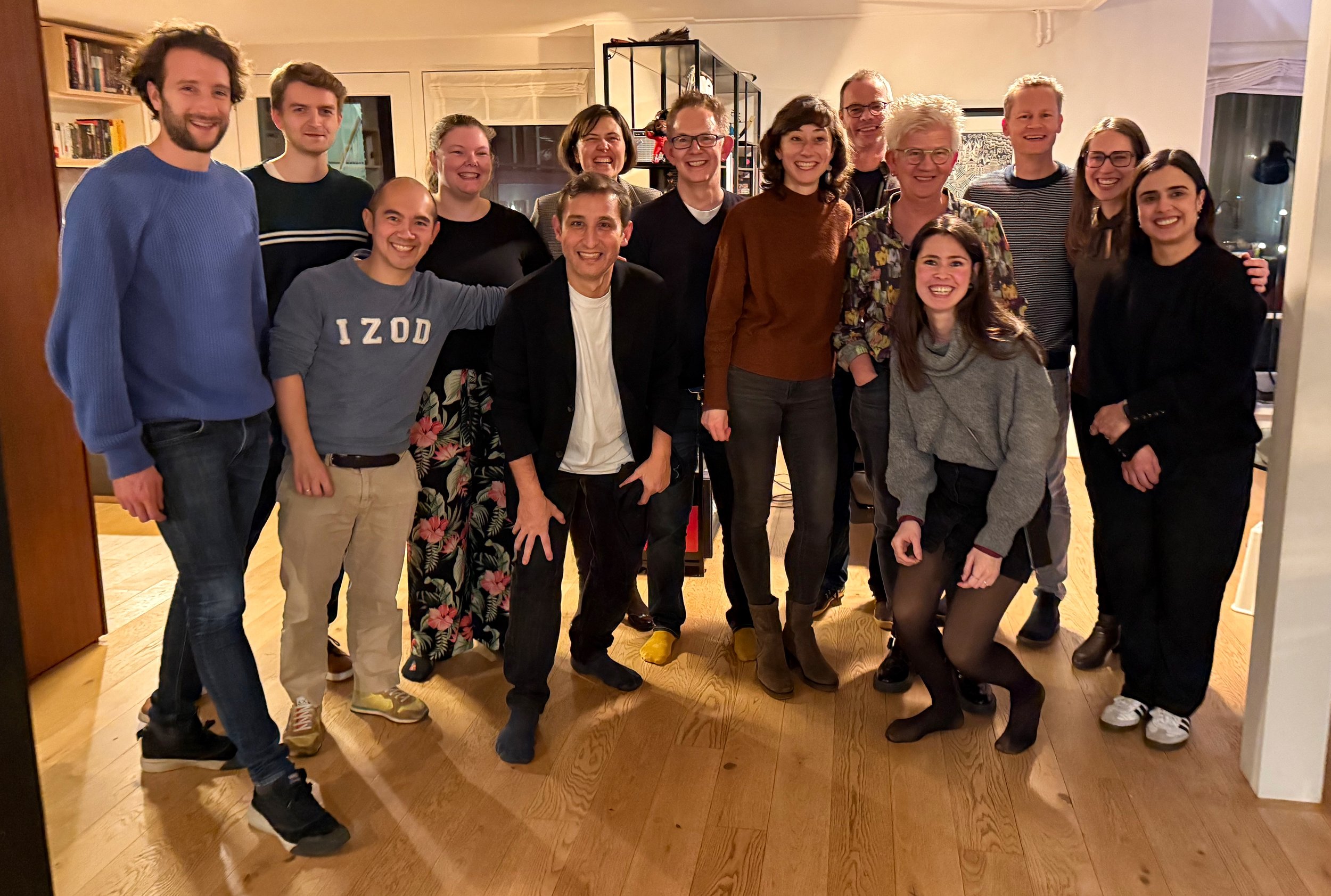Big congratulations to Nobel Prize Winners Mary Brunkow, Fred Ramsdell and Shimon Sakaguchi, true pioneers in the field of peripheral immune tolerance. Fantastic to see our favourite immune cell, the regulatory T(reg) cell, take center stage. Their groundbreaking discoveries, driven by the many scientists in their labs, have helped transform our understanding of immune regulation and opened new avenues for treating autoimmune diseases, cancer, and improving transplantation outcomes.
The Coffer Lab has had a long interest in Foxp3, the transcription factor that drives Treg cell differentiation, identified and characterised by the Nobel Prize winners, as well as Sacha Rudeksy’s lab. We have been particularly interested in the molecular pathways driving the stability and function of Treg cells in the context of both autoimmunity and cancer.
Some of our work addressing these issues is listed below:
Post-translational modification networks regulating FOXP3 function. van Loosdregt J, Coffer PJ. (2014) Trends Immunol. 35:368-78.
Stabilization of the transcription factor Foxp3 by the deubiquitinase USP7 increases Treg-cell-suppressive capacity. van Loosdregt J, Fleskens V, Fu J, Brenkman AB, Bekker CP, Pals CE, Meerding J, Berkers CR, Barbi J, Gröne A, Sijts AJ, Maurice MM, Kalkhoven E, Prakken BJ, Ovaa H, Pan F, Zaiss DM, Coffer PJ (2013) Immunity 22;39(2):259-71.
Canonical Wnt signaling negatively modulates regulatory T cell function. van Loosdregt J, Fleskens V, Tiemessen MM, Mokry M, van Boxtel R, Meerding J, Pals CE, Kurek D, Baert MR, Delemarre EM, Gröne A, Koerkamp MJ, Sijts AJ, Nieuwenhuis EE, Maurice MM, van Es JH, Ten Berge D, Holstege FC, Staal FJ, Zaiss DM, Prakken BJ, Coffer PJ. (2013) Immunity 39:298-310.
Amphiregulin enhances regulatory T cell-suppressive function via the epidermal growth factor receptor. Zaiss DM, van Loosdregt J, Gorlani A, Bekker CP, Gröne A, Sibilia M, van Bergen en Henegouwen PM, Roovers RC, Coffer PJ, Sijts AJ. (2103) Immunity 38:275-84.
Metabolites produced by commensal bacteria promote peripheral regulatory T-cell generation. Arpaia N, Campbell C, Fan X, Dikiy S, van der Veeken J, deRoos P, Liu H, Cross JR, Pfeffer K, Coffer PJ, Rudensky AY. (2013) Nature 504:451-5.
Nemo-like Kinase Drives Foxp3 Stability and Is Critical for Maintenance of Immune Tolerance by Regulatory T Cells. Fleskens V, Minutti CM, Wu X, Wei P, Pals CEGM, McCrae J, Hemmers S, Groenewold V, Vos HJ, Rudensky A, Pan F, Li H, Zaiss DM, Coffer PJ. (2019) Cell Rep. 26:3600-3612.e6.
Regulation of Treg functionality by acetylation-mediated Foxp3 protein stabilization. van Loosdregt J, Vercoulen Y, Guichelaar T, Gent YY, Beekman JM, van Beekum O, Brenkman AB, Hijnen DJ, Mutis T, Kalkhoven E, Prakken BJ, Coffer PJ. (2010) Blood 115:965-74.
Colorectal Cancer-Infiltrating Regulatory T Cells: Functional Heterogeneity, Metabolic Adaptation, and Therapeutic Targeting. Aristin Revilla S, Kranenburg O, Coffer PJ. (2022) Front Immunol. 13:903564.
Tumor-derived colorectal cancer organoids induce a unique Treg cell population by directing CD4+ T cell differentiation. Revilla SA, Frederiks CL, Prekovic S, Mocholi E, Kranenburg O, Coffer PJ. (2025) iScience 28:111827.
Site-dependent Treg cell transcriptional reprograming in a metastatic colorectal cancer model holds prognostic significance. Sonia Aristin Revilla, Andre Verheem, Cynthia Lisanne Frederiks, Yongsoo Kim, Theofilos Chalkiadakis, Bastiaan J. Viergever, Balázs Győrffy, Enric Mocholi, Onno Kranenburg, Stefan Prekovic, Paul James Coffer. BioRxiv doi: https://doi.org/10.1101/2025.03.13.643028








